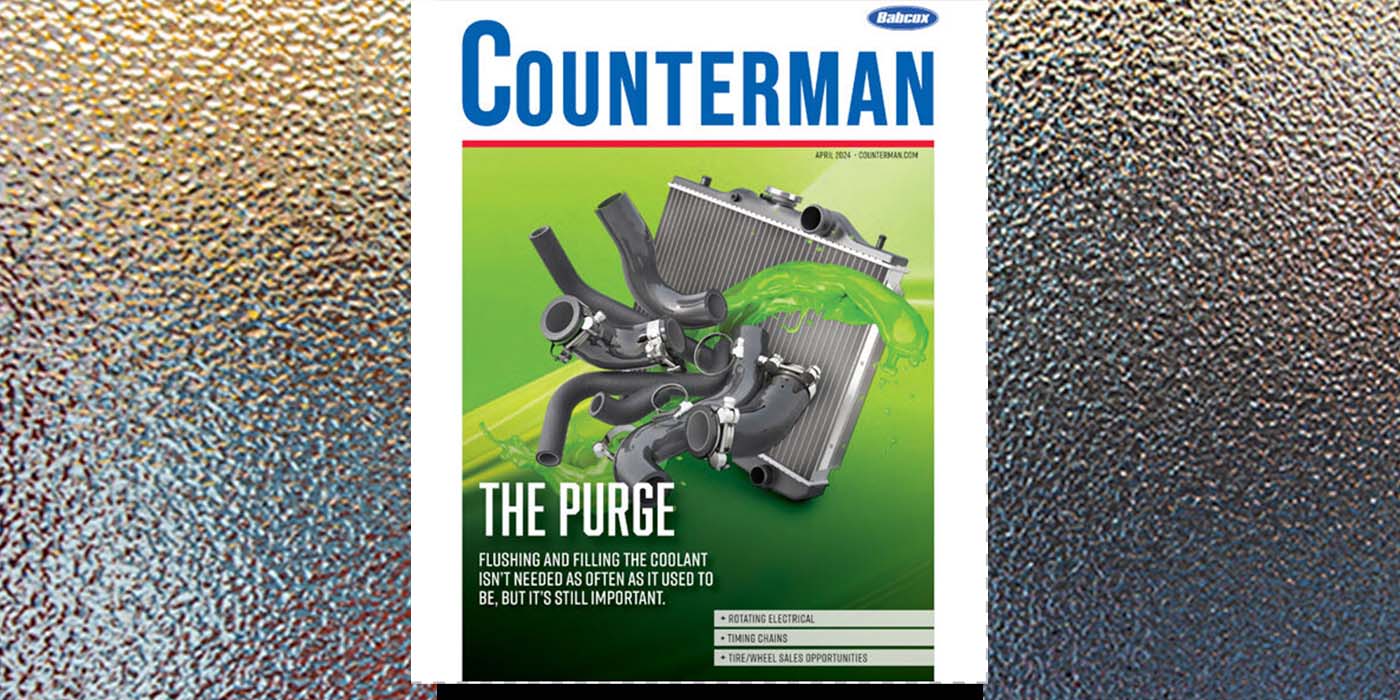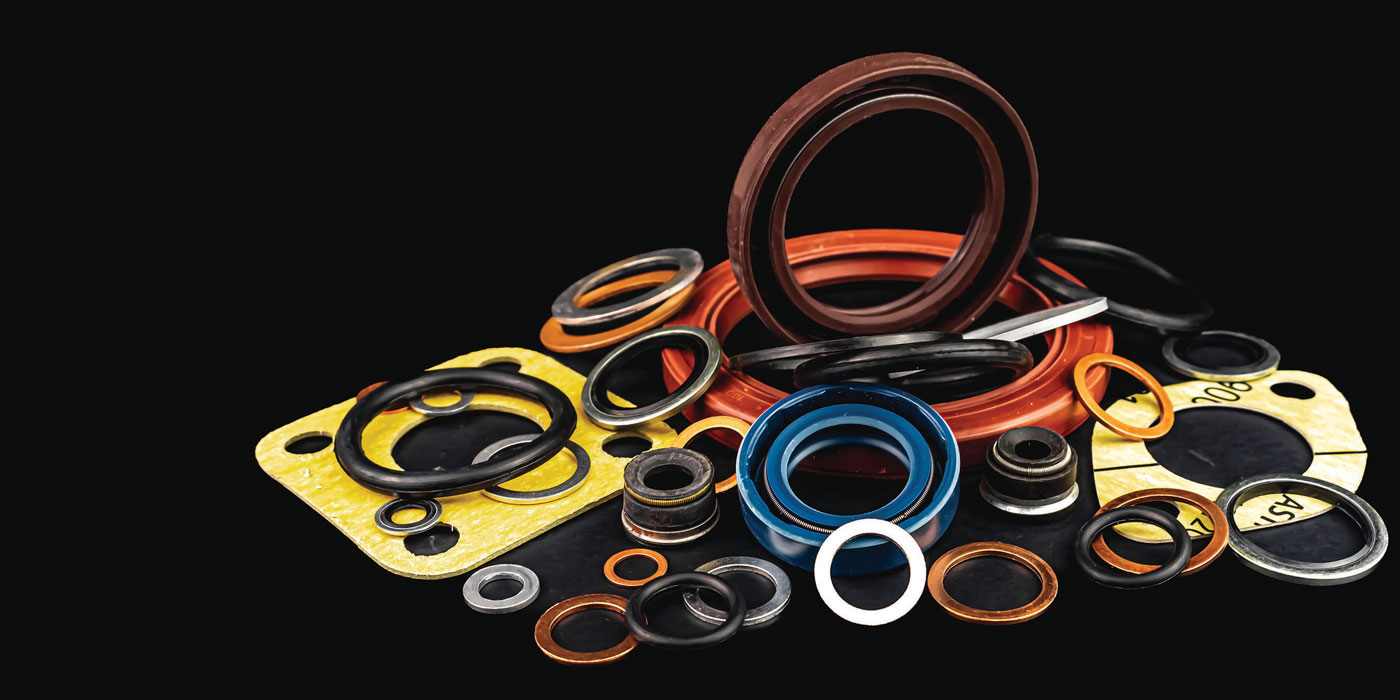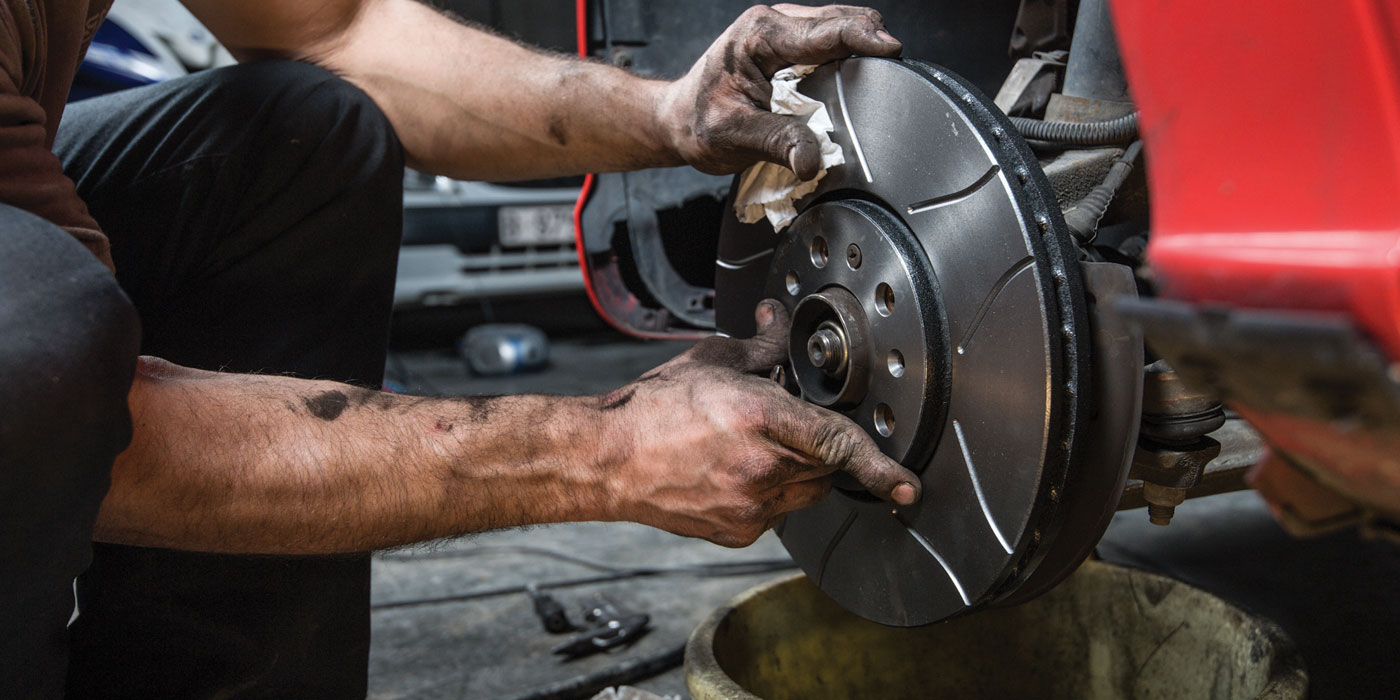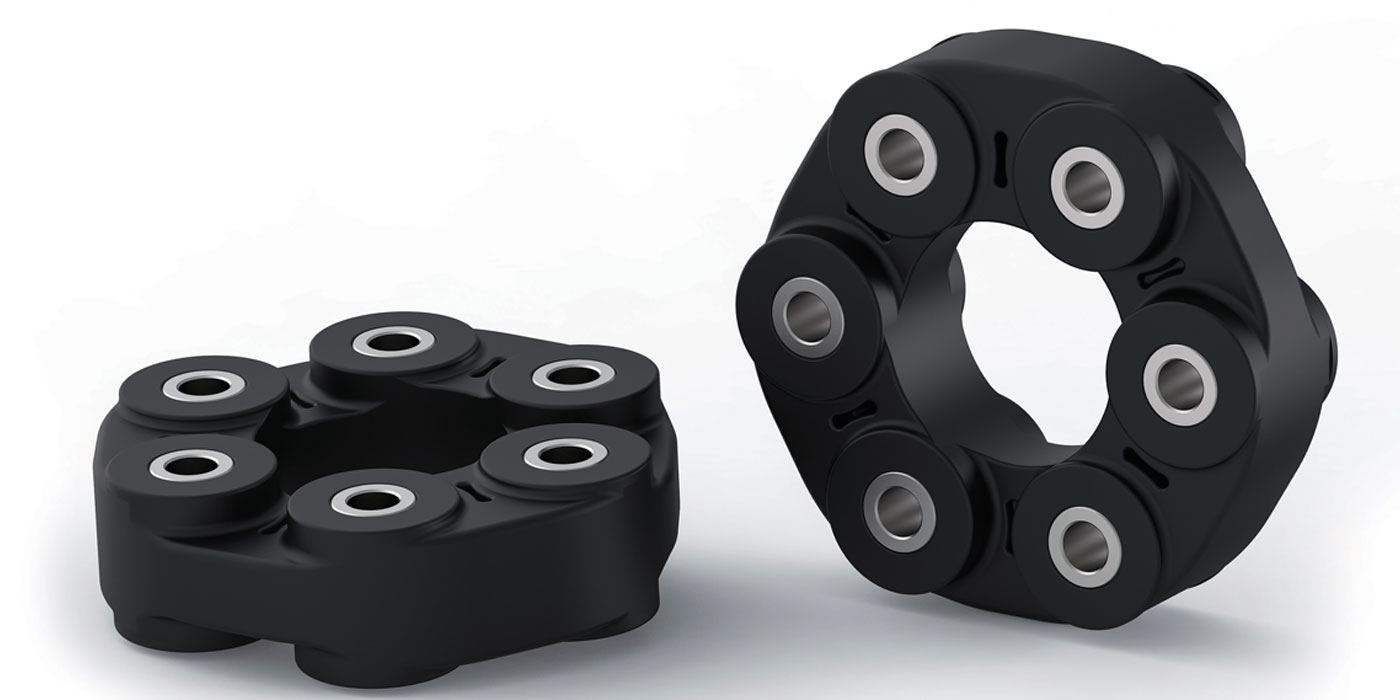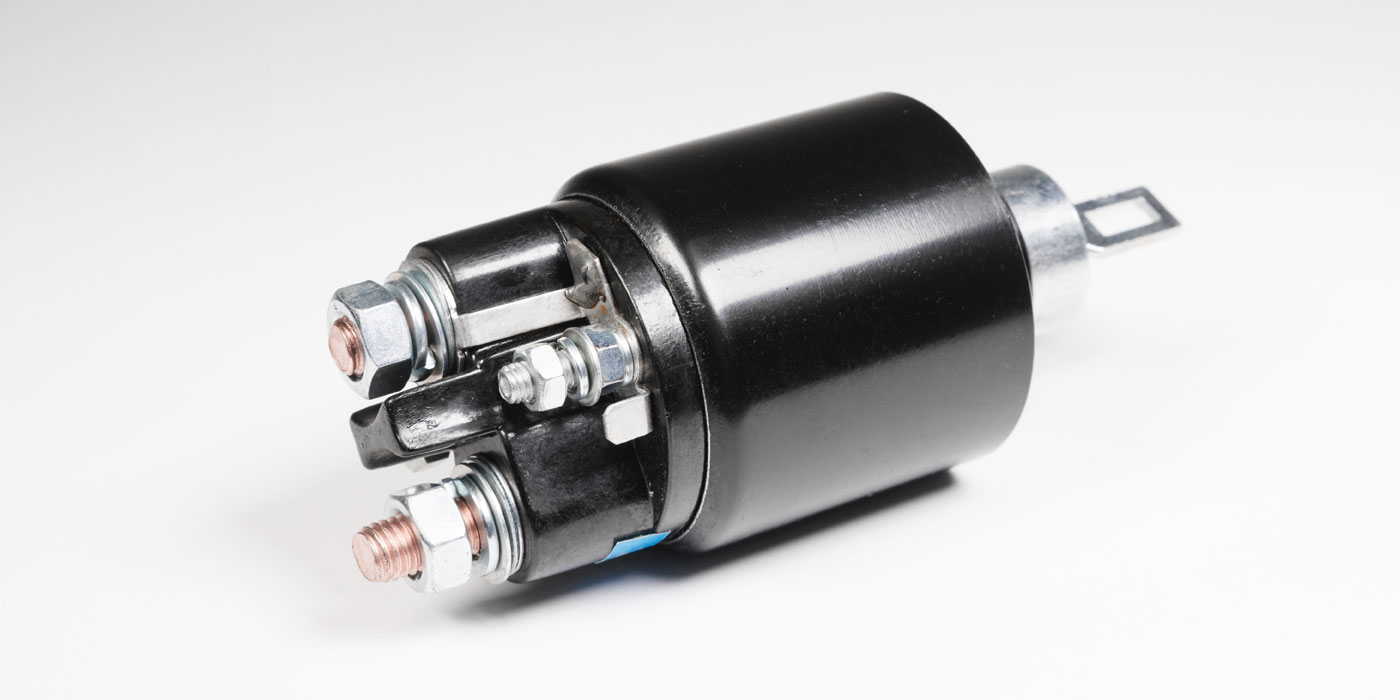Mark Twain once said, "If you pick up a starving dog and make him prosperous, he will not bite you. This is the principal difference between a dog and a man." All too often, this is how jobbers feel when they have gone to extreme lengths to win a dealer account’s business and then discover, to their dismay, the shop continues to buy a large portion of its parts and supplies from competing stores. Oh well, suffice it to say that even Mark Twain’s dog may well divide his loyalties, especially if the next-door neighbor starts leaving a few choice table scraps on the doorstep!
During the past decade, parts distributors have worked overtime to capture dealer account’s business. Most of these efforts revolve around offering favorable pricing, product, management, warranty, training and advertising support though various types of program groups. In return, most shops joining a program group are asked to display the appropriate signage, buy a specific dollar amount of merchandise each month and put the local jobber on a first-call basis. Even at that, it’s not unusual to see a competitor’s product inhabiting the workbenches of the participating shop.
THE BIG QUESTION
Why does a dealer account spread its business among competing stores? Although most of us tend to stay with the same service providers, such as the doctor, dentist, electrician or plumber, most of us buy our material needs from multiple sources. The most obvious reason for "spreading the business around" is to find the highest levels of innovation and the best quality, service and pricing in our replacement parts and products. The least obvious reason for spreading the business around is the fear that the local jobber store may change ownership or go out of business altogether.
If a jobber store changes ownership, the store’s traditional level of service and inventory may decline. If the store goes out of business or changes franchises, the dealer account may be stuck with high levels of non-returnable or obsolete inventory. For the obvious reasons, it simply doesn’t pay any dealer to put all of his eggs in one jobber basket.
As to the question of why would that shop buy parts and supplies from competing stores, even when a jobber has bent over backwards to earn a dealer account’s business, the answer is as complex as the numbers of jobbers and dealer accounts competing in any given market.
The most basic reasons for a dealer being attracted to competing lines of products are the particular line’s quality, pricing structure, availability or technical support. Or the dealer might be attracted to a specific product because of the supplying jobber’s service, the depth and breadth of his inventory or his responsiveness to his special service needs.
KEEPING IN TOUCH
One of the major reasons a dealer account’s product loyalty may drift away over time is simply because the jobber isn’t keeping in touch with his customers’ buying trends. To better illustrate, most independents can’t compete with the fast-lube franchises on price. Of course, the fast-lube depends upon high car counts and add-ons such as wiper blades and fluid flushes to maintain profit margins. In response, most market-sensitive dealers have taken up the challenge by concentrating their resources on selling scheduled maintenance, which represents a different parts purchasing profile than does straight repair work.
The scheduled maintenance emphasis requires a large inventory of items like fluids, filters, wiper blades, drive belts, timing belts, hoses, batteries, exhaust parts, brake parts and axle half shafts. In contrast, the repair market requires large inventories of gaskets, seals, bearings, engine parts and drive train parts.
Obviously, the reason that the two markets require two different types of inventories is because the scheduled maintenance market anticipates repairs while the on-demand market reacts to repairs. Because a shop sees the vehicle on a scheduled basis, it can inspect the vehicle and reschedule the needed repairs. Clearly, either market requires an on-demand inventory. Keeping in touch with a dealer’s specific inventory needs is the best way to keep your jobber store on a first-call basis.
QUALITY ISSUES
When a dealer account experiences problems with a particular product, the lack of jobber or warehouse response often forces him to look elsewhere for better product performance and warranty back up. Brake linings provide a good example of what a dealer might expect in product performance. Obviously, if a jobber’s top line of brake linings continue to experience numerous squeal or noise complaints, the dealer will begin experimenting with competing linings until he finds a brand that meets his expectations.Similarly, when a dealer account experiences a series of warranty problems with a specific product, the best way to send him shopping is to tell him, "You’re the only one having these types of problems," with the product.
Although any product line can experience an inordinate number of defects due to design, materials, sublet parts or assembly, dealers are very quick to recognize these as pattern failures. For example, when a battery line experiences an unusual number of failures, the dealer will begin to attribute all battery-related problems to poor quality control. Assuming that all battery-related failures are due to poor quality, the dealer will then return an inordinate number of allegedly defective batteries to his jobber. Of course, not all of the returned batteries are indeed defective because the charging or electrical system may be at fault in these cases. One approach to solving most of these problems is to establish standardized warranty testing procedures and provide the technical data and education needed to understand the systems.
SERVICE ISSUES
Good service maybe, in the case of Mark Twain’s dog, that rare bit of T-bone steak the neighbor has left on his doorstep. Let’s face it: Most of the parts sales today are based on quick turn-around service. Although most dealers expect the occasional overnight order or hourly wait on a parts order, they don’t expect to wait nor can they tolerate waiting for parts on a regular basis.
And then, of course, there are the peripheral services in the form of machine shop and other services. Most shops, for example, don’t grind their own flywheels. While most resurface their own brake drums and rotors, many new shops aren’t resurfacing on a regular basis because they are now installing new, low-cost rotors and drums. New shops that haven’t invested in expensive brake resurfacing equipment may therefore depend upon their local jobber for prompt service in machine shop services. If these services aren’t available from the local jobber, then the new shop must build a service network composed of a number of other shops and jobbers to get this work done.
PRICING ISSUES
Pricing is perhaps the most over-rated reason that a dealer account patronizes other suppliers. Most shop labor rates are at least one dollar per minute in the majority of service markets. In fact, shops in high-income, high-rent areas may be charging significantly higher rates. Pricing may, in most cases, may be an excuse, but hardly ever a reason, for " cherry-picking" other jobber outlets for parts and services.
The reason pricing shouldn’t be an issue is because saving a few points on price won’t pay for the loss of a half-hour’s wait on the part. Nor will it pay for the service writer’s time in shopping for the part. Most dealer accounts have found through good record keeping that a minor savings in price rarely compensates the shop for the increased downtime associated with the sale or warranty of the part.
MULTISOURCING
With that said, many shops do spread their business among competitors in order to keep their own operations running smoothly. Some may buy shop materials and non-retail products from one jobber and buy lubricants from another just, so to speak, keep their foot in the jobber’s door if a sourcing or purchasing emergency arises. In most cases, if you are the first-call source for your individual dealer accounts, that’s because you’re delivering optimal product and service in today’s highly competitive wholesale market. If not, then it’s time to review any quality, service and pricing issues you may have with your dealer accounts and do what it takes to remedy the situation.




